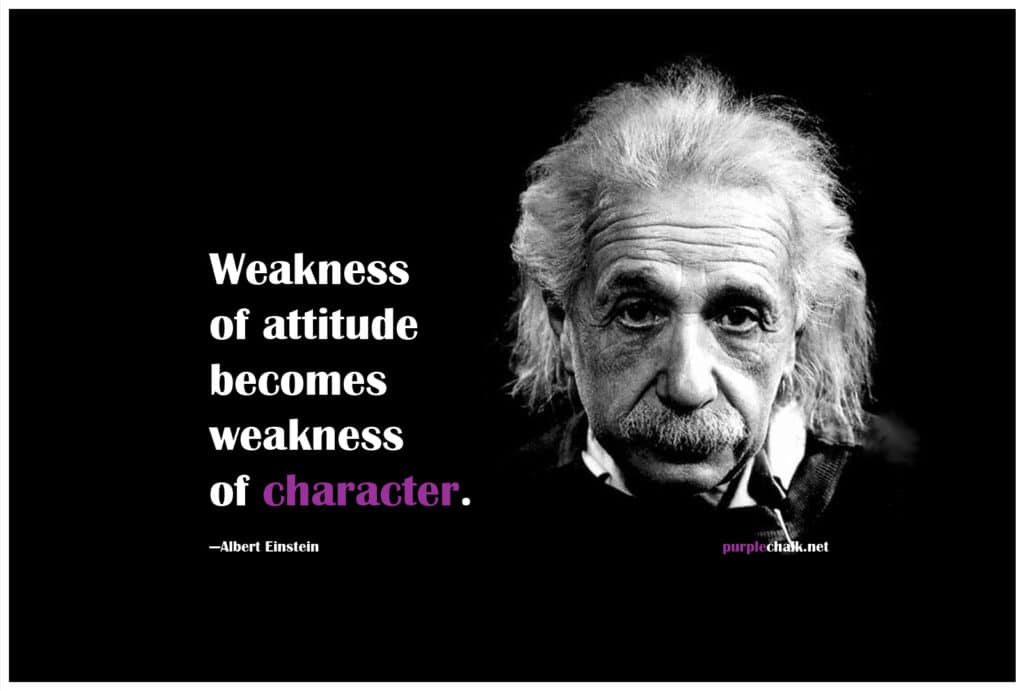We are born into a family, a community, a country and the larger group of humans inhabiting the earth. We begin with a given set of groups, each with all of their particular cultural values. The need for kinship is such a powerful force of nature that finding our way with various group cultures can be confusing, loving, hurtful, enlightening, suffocating, liberating and always educational. Let’s first look at the definition of culture:
The sum of attitudes, customs, and beliefs that distinguishes one group of people from another. Culture is transmitted, through language, material objects, ritual, institutions, and art, from one generation to the next.
dictionary.reference.com/browse/culture
Culture is expressed by the clothes we wear, the art we hang on our walls, the books we read and the place we choose to live. At some level, we are choosing to find ourselves in groups of people that have similar cultural ways.
History has defined the judgements we might have about various other types of cultural groups until we become aware of them and then decide if we agree. This is most commonly seen in racism, sexism, and religion. .
Remember various groups in adolescence and through our twenties, rejecting or getting stuck in one group of attitudes or another. Attitudes about others can go back a long way without ever being considered harmful and or simply ignorant. Aging pushes us to reevaluate our attitudes, customs, and beliefs.
What is the meaning of culture for us personally?
Everyone begins with some style of culture. Psychologically we establish “who we are and how to live” on the basis of the cultural groups we grow up in, they are the first teachers. We stay with the first teachers until we get to an age where we can say to ourselves, “I don’t agree, there is more to me and life than what you say”. We may move on to another group culture that is more in line with our new attitudes and beliefs and/or we learn how to live with the cultural context we find ourselves inheriting.
The need to belong is much bigger than we assume and many times we may sacrifice ourself for a group of people that ends in an emotionally hurtful way. For example, most have experienced this with groups of girls or groups of boys and others have gotten stuck in religious attitudes that were suffocating, or political groups that were short sighted.
Family group culture
We can easily observe the family we grew up in to find our cultural starting point. For example: What were your family attitudes, customs and beliefs about eating together, raising children, play, homework, sexuality, work, education, money, men, women, religion and so forth?
There are attitudes and beliefs around many daily activities of which we might have taken as normal until we went into another family. There we observed the same activities but with different attitudes. Some ate dinner together and talked, others ate dinner while watching TV. Some attitudes about parenting were very strict, others slack. Some celebrated certain holidays, other did something different. What we took as normal, might be completely opposite in another family.
Community group culture
The same questions can be asked about the community we grew up in or where we live now. What attitudes, customs and beliefs were common in my community growing up? This often centers around race, money, and ethnic background. What are the attitudes in the area you are living now? How are they different in another part of the city or in another part of the state? See this post for an example: How to Make Use of Dark Feelings and Dixon White’s Example
Within those groups are smaller group cultures; such as, clicks, the corporate culture, scapegoated groups, rigid religious groups. Each one of these groups has a culture.
The Purpose of Cultural Awareness
As we become more aware of these group cultures the easier it is to find our own way with them, so as not to be taken down by archaic beliefs that can be suffocating or may limit our psychological and spiritual growth.

